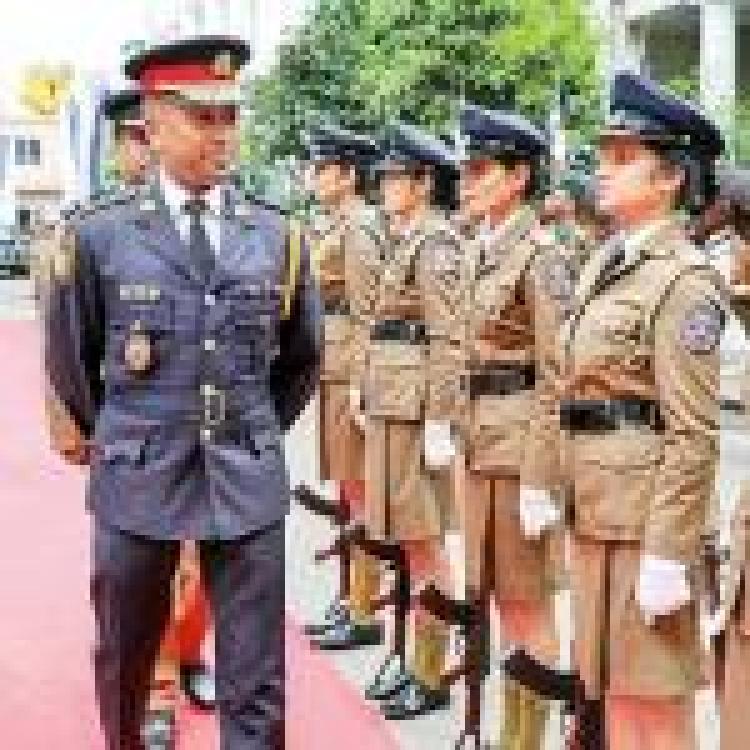#SriLanka police chief directs village level civil community police committees to spy on local residents:
— LankaFiles (@lankafiles) January 17, 2024
"That is the only way we can assure that there will be no chance for extremists, terrorists and religious extremists to come to our area..." Actg IGP Deshabandu Tennakoon. pic.twitter.com/ZVf0nPSsNq
(Video courtesy of LankaFiles)
Sri Lanka's Acting Inspector General of Police (IGP) Deshabandu Tennakoon has called on the "community police committees" to spy on residents in their local villages and collect information to prevent "extremism" and "terrorism", claiming that it is part of their effort to safeguard the country’s national security.
“To prevent such unfortunate incidents (attacks on Easter Sunday), the community police committee in every Grama Niladhari's main duty is to collect information about people residing in your area,” he told a gathering of newly appointed community police members in Avisawella. “This committee should visit each household in their respective village.The printed Police form 76 has the details in all three languages.”
Referring to the area, Tennakoon said that this was an area "especially where Tamil-speaking people live" and that the community police committee must establish and verify the residents in each household.
“That is the only way we can assure that there will be no chance for extremists, terrorists, and religious extremists to come to our area, live for rent in homes, and engage in destructive activities - that we shall not give room for this,” he added.
Last month, Sri Lanka’s Supreme Court issued a rare ruling that found Tennakoon had personally tortured a man at the Mirihana Police Station in 2011.
According to the judgement, Tennakoon had personally visited the persons detained in a “torture chamber” for a “brief session of torture”. The court also noted an affidavit from a victim that Tennakoon had “beat the Petitioner with a ‘three-wheel rubber band’ after stripping him naked and ordering him to rub Siddhalepa on his genitalia”.
Read more on Tennakoon’s history of crimes by Ruki Fernando on Groundviews here.
See the full Supreme Court Judgement here.

